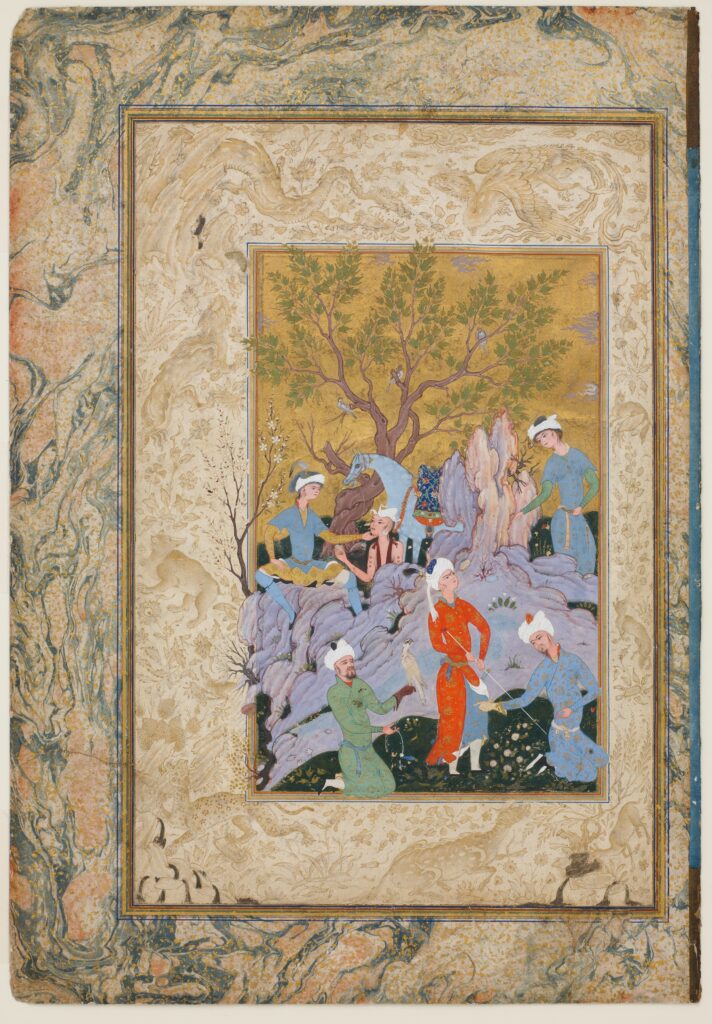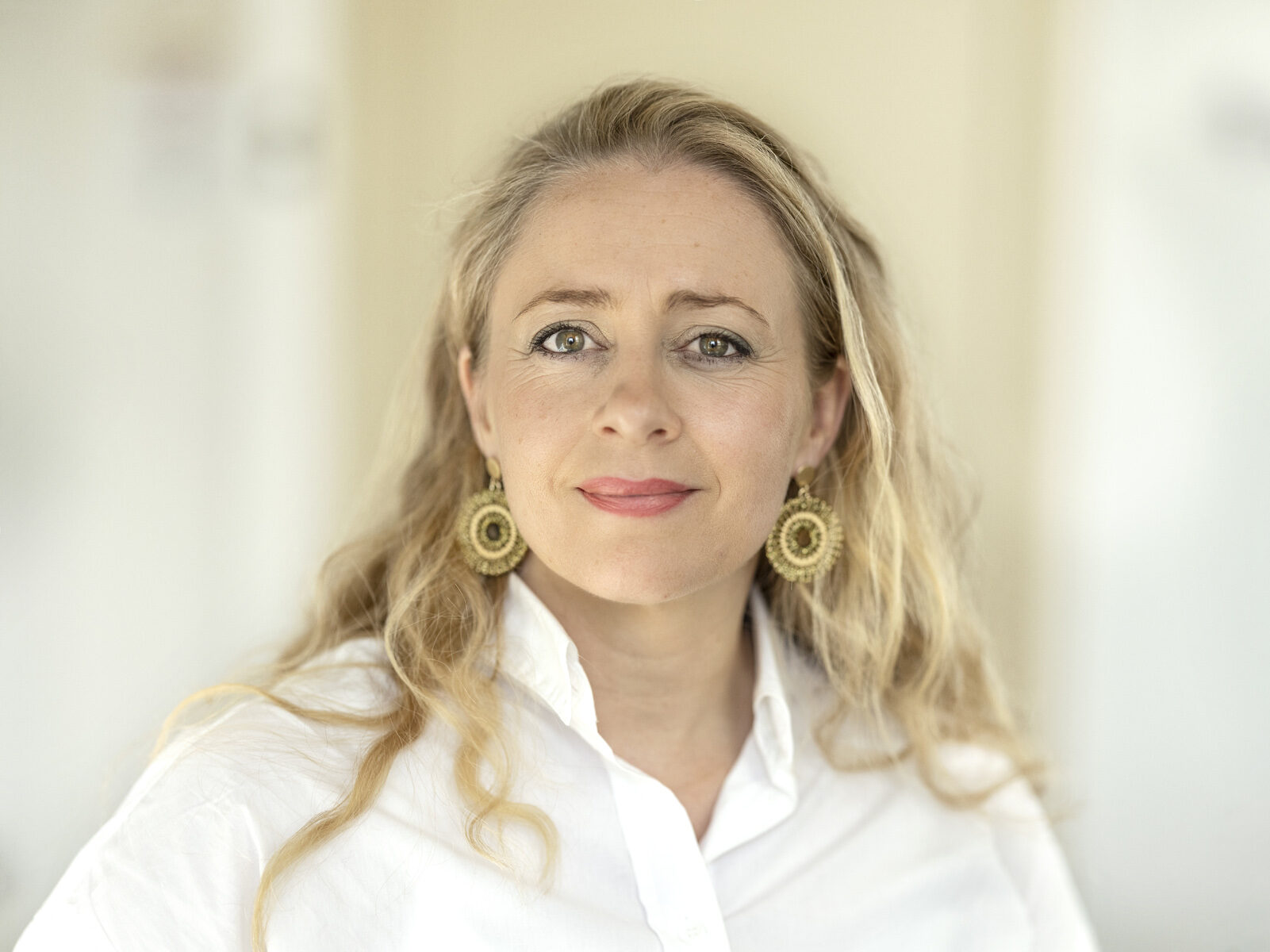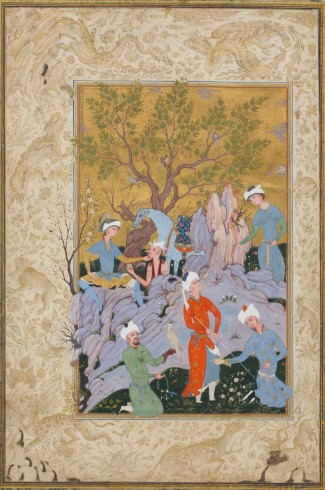On 5 and 6 September 2024, we are organising an international conference entitled ‘Limits, Boundaries, and Transgression in Literatures and Languages of the Persianate World‘ at the Department of Philosophy and Religious Studies, Utrecht University, The Netherlands. This conference is part of the ERC Advanced Grant Beyond Sharia: The Role of Sufism in Shaping Islam. The deadline for the submission of abstracts is 15 February 2024.
Conveners
Asghar Seyed-Gohrab, Arash Ghajarjazi, Zhinia Noorian, Leila Rahimi Bahmany, Maarten Holtzapffel, Amin Ghodratzadeh, Alexandra Nieweg, Fatemeh Naghshvarian
Aim of the Conference
The conference aims to explore extreme and transgressive ideas and practices within the context of Iranian literary, intellectual and religious history. Drawing inspiration from a wide range of theoretical frameworks, we seek to understand how different transgressive practices destabilise, destroy, or negotiate with scriptural, architectural, and ethnic boundaries. We believe that the extremities of Iran’s cultural and intellectual heritage remain an underexplored area of research, which is especially urgent to tackle in the ongoing social, ecological and political crises in Iran. From early Islam to modern times, Iranian literati, from the free-thinkers such as Abū Bakr Muḥammad b. Zakariyyāʾ Rāzī (Latin Rhazes, d. either about 925 or 935), to the brilliant mystic ʿAyn al-Qużāt al-Hamadānī in the 12th century to the modernist Sādiq Hidāyat in the 20th century, have continuously challenged accepted norms and values of their times. Similarly, many poets, architects, and artists expressed their extreme views against the established orthodoxy and Islamic piety, many of whom were persecuted and the trend continues to this day. Their works have fearlessly explored the inadmissible and the unsayable, crossing the boundaries between belief and unbelief. This conference aims to open a platform to initiate a collective scholarly approach to this understudied field. We especially welcome scholars of various Iranian languages such as Kurdish, Baluchi, Gilaki, and non-Iranian languages that are spoken in Iran such as Turkish and Arabic to respond to this call. Contributions may be along, but not limited to, the following methodological frameworks:
- Literary and Cultural Analyses: This track invites scholars to conduct close readings or structural analyses of objects, such as poems, narratives, novels, visual materials, music, and any type of artefacts that exemplify or gives perspective to non-normative and transgressive extremities. Think of how a poem may express heretical ideas or how certain photographs may depict offensive content.
- Theories of Transgression: We invite scholars to develop or search for conceptualizations of transgression in Iranian literatures and languages. What notions in Persian, Kurdish, Gilaki, Tabari, Pashto and other languages spoken in Iranian world such as Arabic, Azeri and Armenian can be found as equivalent to the concept of transgression? What philosophical lineages may be traced and mapped out? How do philosophers, mystics, poets and artists in the Indian subcontinent and Anatolia conceptualize the notions of transgression and liminality? How do poets, for instance, deal with strictly normative Persian literary tradition when they creatively imitate poets such as Ḥāfiẓ, ʿAṭṭār and Niẓāmī?
- Contexts of Transgression: This track welcomes research that delves into the contexts in which transgressive acts occurred. By examining historical and contemporary case studies, we seek to understand the motivations, consequences, and cultural implications of transgressive acts in Iranian societies. We pay attention to both historical and ethnographic case studies that give perspectives on the ways in which transgression is embodied, materialised, and/or ideated.
- Artistic Research: We are open to creative proposals from musicians, performers, and visual artists. Works may be in the form of (musical) performances or multimedia installations that engage with the discipline of humanities, especially the field of Persian and Iranian Studies, Islamic Studies and Religious Studies from the standpoint of artistic practices.
Call for Abstracts
We would like to invite abstracts with a maximum of 300 words, together with a one-paragraph CV (maximum 250 words) by 15 February 2024. Research master and PhD students are encouraged to apply, as we would like to engage a mixture of early-career and mid-career scholars. Accepted contributors will be asked to submit a draft paper of about 2,000 words before 17 June 2024. After the conference, we shall invite a selected number of scholars to submit their papers for publication in a peer-reviewed university press.
Timeline
15 February 2024: Deadline abstract submission
29 February 2024: Decision on accepted abstracts
17 June 2024: Submission of draft papers (2,000 words)
1 August 2024: Submission of final papers
5-6 September 2024: Workshop at Utrecht University
Costs of the Conference
Reservations for the conference hall, lunches and conference dinner on the first day will be covered by the organisation. Applicants should cover their own travel expenses and accommodations.
How to submit
Please send your abstract and CV in one document by email to transgression@uu.nl.



